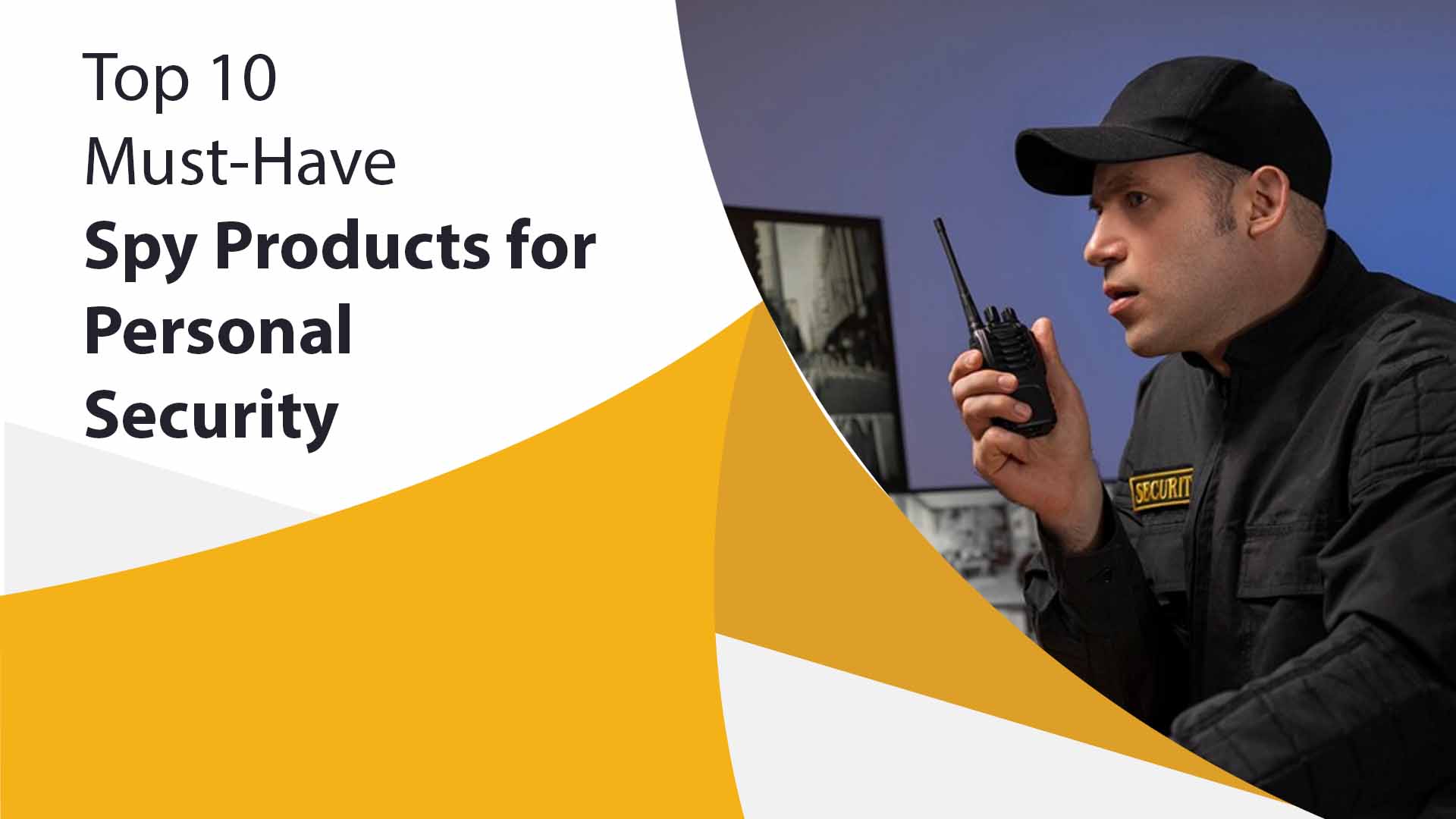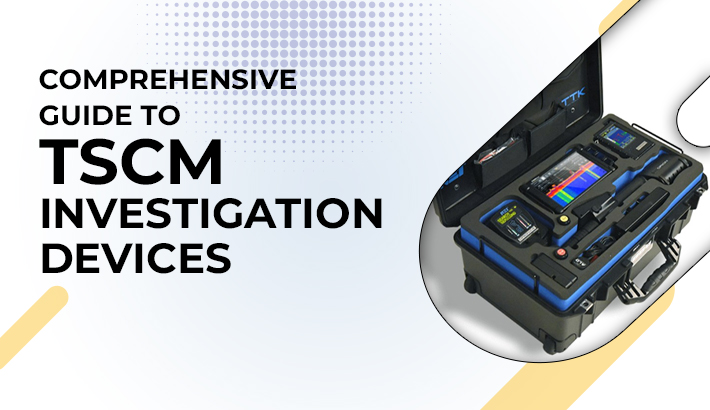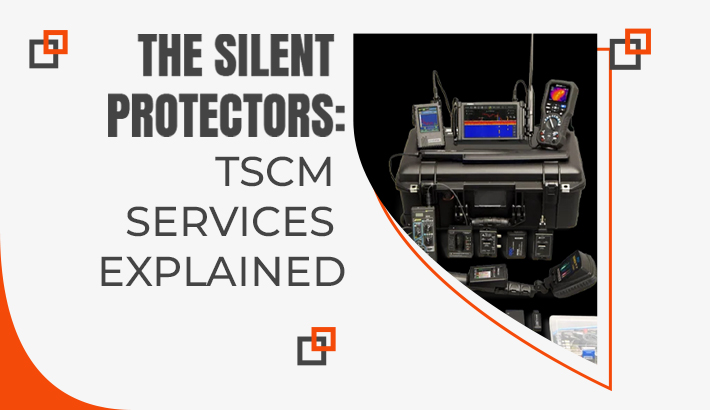In the 21st Century Competitive business landscape, trust and transparency are valuable assets . Yet, even the most well-intentioned companies can face internal and external threats that jeopardize their stability. From financial irregularities to employee misconduct, these issues can lead to significant financial losses, reputational damage, and even legal repercussions. This is where a corporate investigator steps in. These skilled professionals act as an extension of your organization, conducting discreet and thorough investigations to uncover the truth. But how do you know when it’s time to call in a corporate investigator? Well, let’s explore some key indicators.
Here are 10 key signs that your business may need their expertise:
Suspicious Financial Activity:
Unexplained discrepancies in your financial records are a major red flag. This could include missing invoices, fluctuations in inventory levels, or unusual patterns in expense reports. Corporate investigators can analyze financial data, identify inconsistencies, and trace suspicious transactions to their source. They can also help determine if these activities point to embezzlement, money laundering, or other forms of financial fraud.
Intellectual Property Theft:
Your company’s intellectual property (IP) is a valuable asset, encompassing trade secrets, patents, trademarks, and copyrights. If you suspect someone is misappropriating your IP, a corporate investigator can launch a discreet investigation. This may involve gathering evidence of unauthorized use, identifying the culprit, and taking legal action to protect your intellectual property rights.
Employee Misconduct:
A healthy work environment is essential for business success. However, instances of employee misconduct, such as harassment, discrimination, theft, or violation of company policies, can disrupt operations and damage morale. Corporate investigators can conduct confidential investigations into these matters, gathering witness statements, reviewing electronic records, and uncovering the facts. This allows you to take appropriate disciplinary action and ensure a safe and ethical workplace.
Data Breaches and Security Issues:
Cybersecurity threats are a constant concern for businesses of all sizes. Data breaches can expose sensitive customer information, intellectual property, and financial records. If you suspect a data breach or other security issue, a corporate investigator can help assess the damage, determine the source of the breach, and identify those responsible. Additionally, they can recommend steps to strengthen your cybersecurity protocols and prevent future incidents.
Unexplained Inventory Loss:
Inventory shrinkage, or the unexplained loss of inventory, can be a significant financial burden for businesses. While some shrinkage is inevitable due to factors like shoplifting, excessive shrinkage can indicate internal theft. A corporate investigator can conduct physical inventory audits, review security footage, and interview employees to uncover the cause of the shrinkage and identify those involved.
Workplace Violence:
Threats, physical altercations, and hostile work environments create a toxic atmosphere for employees. If you suspect workplace violence, a corporate investigator can assess the situation, gather evidence of the threats or incidents, and identify the individuals involved. This information can be crucial for taking appropriate action to ensure the safety and well-being of your employees.
Vendor Fraud:
Building strong relationships with trustworthy vendors is essential for any business. However, there’s always a risk of encountering fraudulent vendors who provide substandard products or services, or overcharge for their offerings. If you suspect a vendor is engaging in fraudulent activities, a corporate investigator can conduct an investigation to verify the legitimacy of the vendor’s business practices and protect your company from financial losses.
Pre-employment Background Checks:
Hiring the right people is crucial for your company’s success. Corporate investigators can conduct thorough background checks on potential hires, verifying their employment history, education credentials, and references. This can help you avoid hiring individuals with a history of fraud, violence, or other red flags.
Competitive Intelligence:
Staying ahead of the competition is vital in the business world. Corporate investigators can help you gather information about your competitors, such as their marketing strategies, new product development, and financial performance. This intelligence can be invaluable for developing your own competitive strategies and making informed business decisions.
Insurance Fraud:
Insurance fraud can be a costly issue for businesses. If you suspect an employee or customer is filing fraudulent insurance claims, a corporate investigator can investigate the claim, gather evidence, and identify the individuals involved. This can help you recover from fraudulent claims and protect your insurance premiums.
Benefits of Hiring a Corporate Investigator:
When faced with a complex issue or potential wrongdoing within your company, the advantages of hiring a corporate investigator are numerous. Here’s a closer look at some of the key benefits:
- Expertise and Experience: Corporate investigators are highly trained professionals with extensive experience in conducting investigations. They possess the knowledge and skills necessary to navigate complex situations, gather evidence discreetly, and build a strong case. Their expertise saves you valuable time and resources, allowing you to focus on running your business.
- Confidentiality and Objectivity: Investigations can be sensitive matters that require a high degree of discretion. Corporate investigators are bound by strict confidentiality agreements and operate with complete objectivity. This ensures that your business’s reputation is protected, and the investigation remains unbiased, particularly when internal personnel might be involved.
- Access to Specialized Resources: Corporate investigators often have access to resources that may not be readily available to your company. This could include advanced surveillance techniques, public record databases, or forensic accounting services. These resources can be crucial for uncovering hidden information and building a comprehensive case.
- Peace of Mind: Investigations can be stressful and time-consuming. Hiring a qualified corporate investigator allows you to delegate the investigation process and receive regular updates on the progress. This peace of mind allows you to focus on managing your business with the confidence that the investigation is being handled professionally and discreetly.
- Legal Compliance: Certain investigations may require adherence to specific legal guidelines. Corporate investigators are familiar with relevant laws and regulations, ensuring that the investigation is conducted in a way that is legally sound and admissible in court if necessary. This can be crucial for any potential legal action you may decide to take.
By leveraging the expertise and resources of a corporate investigator, you can effectively address internal threats, protect your business assets, and ensure a safe and ethical work environment. This ultimately translates to a more secure and successful organization.
Finding the Right Corporate Investigator
Knowing when to bring in a corporate investigator is just the first step. Now you need to find the right investigator for the job. Here are some key considerations:
1. Area of Expertise:
Different investigators specialize in different areas. Some may focus on financial investigations, while others specialize in cybersecurity or intellectual property theft. Choose an investigator with experience in your specific area of concern.
2. Licensing and Credentials:
Verify that the investigator holds the necessary licenses and certifications for your state.
Moreover, when considering candidates, it’s essential to inquire about their professional affiliations and memberships, as these can serve as strong indicators of their commitment to the field.
3. Experience and Track Record:
Ask about the investigator’s experience handling similar cases. They should be able to provide you with references and testimonials from past clients (with permission, of course).
4. Investigation Process:
Understand the investigator’s approach to conducting investigations. They should be able to outline their proposed strategy, including the methods they intend to use and the timeline for completion.
5. Communication Style:
Choose an investigator who communicates clearly and effectively. You should feel comfortable asking questions and receiving updates throughout the investigation process.
6. Fees and Costs:
Corporate investigators typically charge hourly rates or flat fees depending on the complexity of the case. Obtain a clear fee structure upfront to avoid any surprises.
7. Reputation:
Research the investigator’s reputation online and within your professional network. Look for positive reviews and testimonials from satisfied clients.
Conclusion:
Hiring a corporate investigator can be a valuable tool for protecting your business from internal and external threats. By recognizing the signs that necessitate corporate investigation and choosing the right investigator for the job, you can ensure a discreet, thorough, and successful outcome. Remember, early intervention can save your business time, money, and potentially its reputation.











